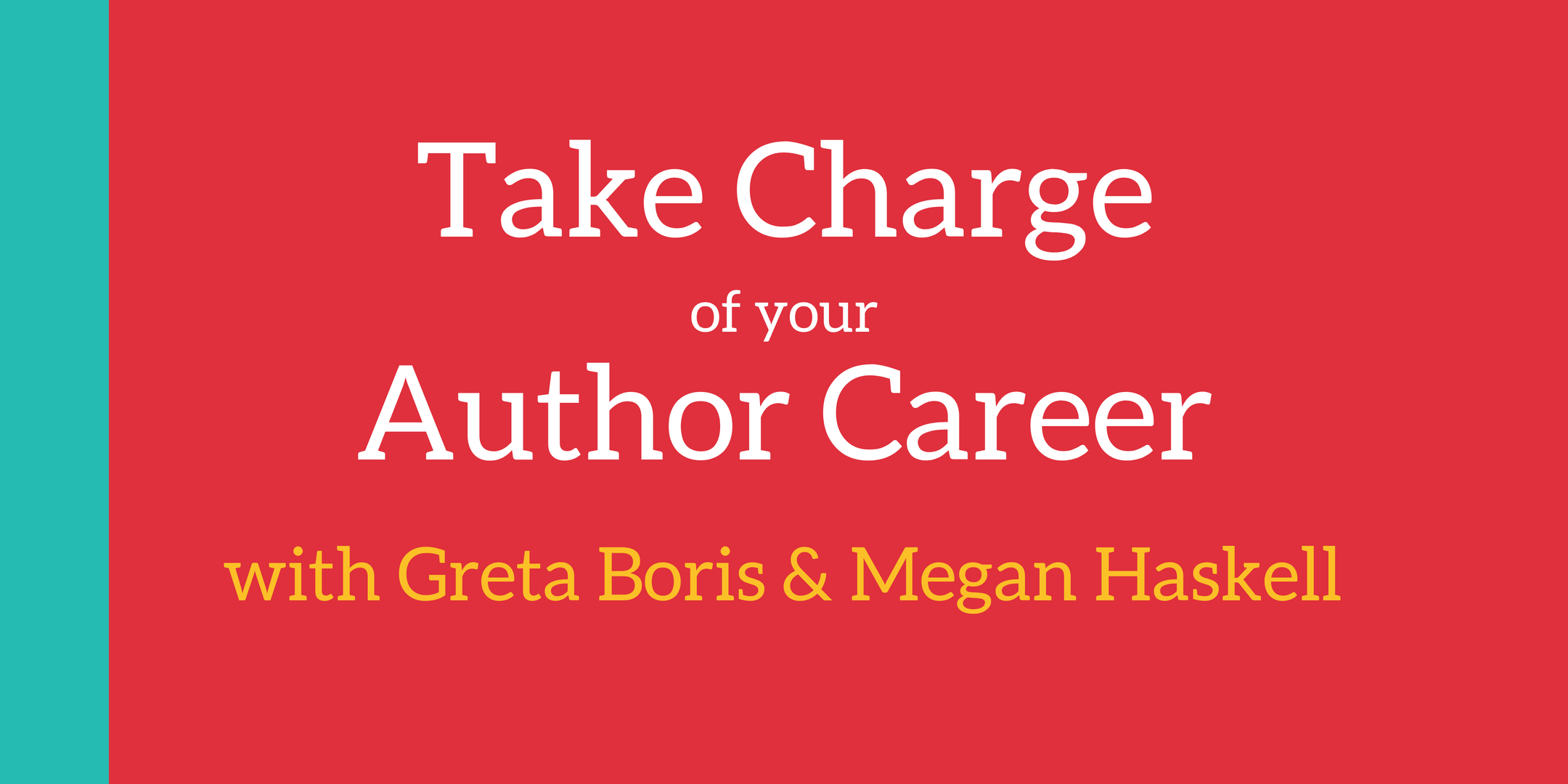Just how important is your first page? That’s the question Megan and I attempted to answer in last month’s workshop.
What struck me as we planned, then taught the course was that it was even more crucial than I’d thought. Of course, we know first pages are important to attract agents, editors, and readers, but I hadn’t fully realized what the opening of a novel said about the author’s understanding of their own work.
Before I give you my five-point takeaway list, I want to tell you a story.
Kristy Tate, a past Kindle Scout winner, USA Today bestselling author of 20+ books and I have written a women’s fiction novel together. I only mention Kristy’s pedigree because I want you to understand that no one is immune from myopia when it comes to their own work.
Kristy pitched the book to an agent at the Cal Dreaming Conference.
After reading the opening ten pages, the agent’s first question to Kristy was: Where is this story going?
Kristy gave her a synopsis of the plot, and the agent said she’d never have guessed that from the opening pages. Especially not from the first line! Although that line was compelling, funny, intriguing and all the things you want a first line to be, it was also misleading.
Her advice: Rewrite the opening.
We began to tackle that this week. Guess what we discovered? We weren’t clear on the central issue of our story. We’d gotten into the weeds. We didn’t have clarity.
The first page of your story is almost as hard to write as the back cover copy. Why? Because you must understand its primary theme, the distillation of its message, before you do.
Here are five takeaways:
- Write your first page last. When you’ve finished your story, you’ll understand it better.
- Your first line and/or paragraph must foreshadow the central theme or plot line.
- Readers imprint like baby ducks. Make sure they’re imprinting on the characters you want them to imprint on.
- Your first page must set the tone for the rest of the story. If your story is creepy, make it creepy. If it’s funny, make it funny.
- Don’t tell readers things they don’t care about until they do. Info dumps kill beginnings.
Do you want help with your first page?
Megan and I are offering a new service: first page critiques based on a read of your first chapter.

Greta Boris is the author of A Margin of Lust, The Scent of Wrath, and The Sanctity of Sloth, the first three books in her 7 Deadly Sins domestic suspense series. Her nonfiction work includes the Amazon Bestseller The Wine and Chocolate Workout – Sip, Savor, and Strengthen for a Healthier Life and PUBLISH: Take Charge of Your Author Career. She’s also the Director of O.C. Writers, a community of over 1,000 published and aspiring authors in Orange County, California.

